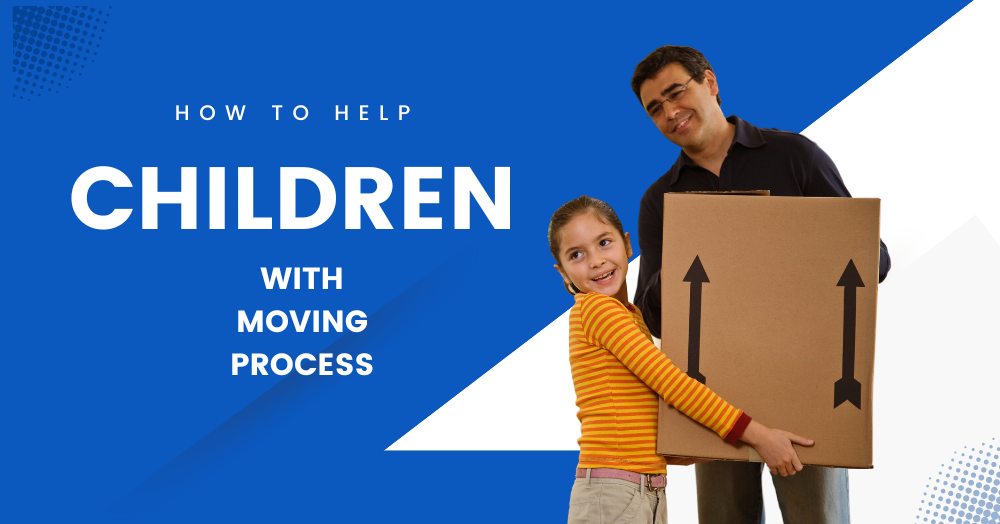Children can benefit from moving to a new home, especially if the transfer is motivated by a good change, such as better employment, a safer neighbourhood, or an improvement in living conditions.
They might be delighted to have a bigger bedroom, a garden to play in, or an exciting new park or playground nearby. Moving home gives them the chance to meet new people and explore new environments, which can broaden their social and cultural horizons.
However, children may also experience adverse reactions to relocating to a new house, particularly if the relocation is unexpected or forced, as in the case of a financial emergency, divorce, or natural disaster.
Children who move away from their previous home, school, friends, and neighbourhood may experience a feeling of loss and a sense of alienation and disconnection from their previous network of family, friends, and activities. New sleeping arrangements, mealtimes, school schedules, and extracurricular activities take time for children to get used to. They could feel anxious and apprehensive about the future, which can harm both their mental well-being and academic progress.
How can parents support children during a move?
Listen to your children's concerns and preferences while using language that is appropriate for their age to explain the reasoning for the move. Encourage them to join in on the house-hunting experience and listen to their opinions on how to style their new room.
Inform your children about the move's timetable, logistics, and expectations. Respond to their enquiries honestly and reassure them that you will all work together to overcome any challenges that lie ahead.
Encourage your children to use their own creative methods to say farewell to their former home, school, and friends. Some ideas include making drawings, writing notes, or taking photos. Organise a farewell event or outing to celebrate their accomplishments and memories.
Give them a tour of the new house and area before you move. Take them to see the parks, shops, schools, and activity centres that are close by. Make plans for playdates with new friends or classmates to help them feel more settled and at home in their new environment.
As much as you can, try to maintain consistency in your children's daily routines and rituals, such as bedtime stories, family dinners, and weekend activities. Pack their favourite blankets, toys, and books last, then unpack them first when you get to your new house.
Consult a counsellor, therapist, or your GP for support if your children are having trouble adjusting to the move or displaying symptoms of anxiety, depression, or behavioural changes. Discussing children's needs and worries with their caregivers and teachers will allow them to get extra support from the adults in their lives.
Children may find it difficult to move home, but it can also be a chance for them to develop emotionally and build resilience. Giving your children emotional support and stability and helping them foster a sense of belonging will help them settle into their new home faster and easier.
We have helped many families find their new homes and are always happy to welcome your little ones on viewings or to give helpful advice on how to help them feel excitement, not fear, about their move.


 By
By 



Share this with
Email
Facebook
Messenger
Twitter
Pinterest
LinkedIn
Copy this link